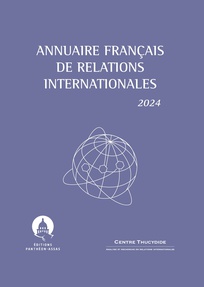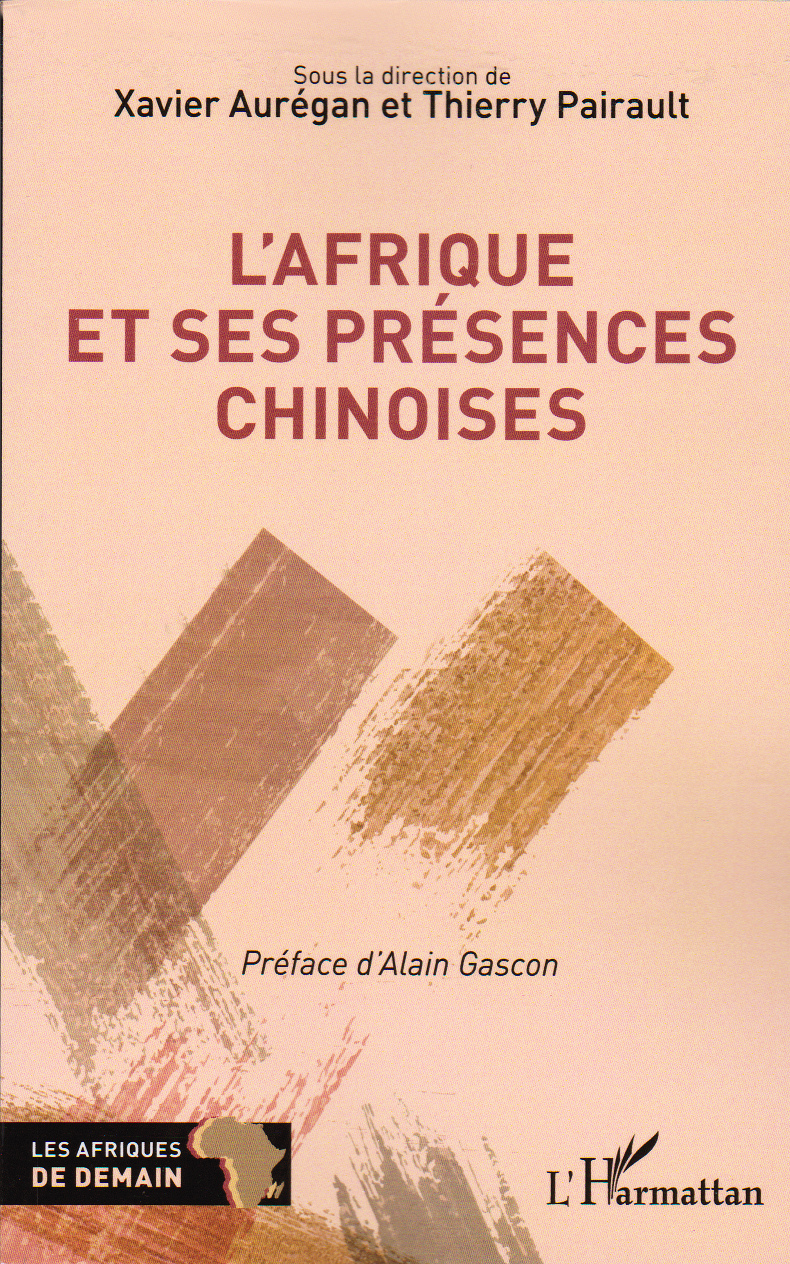Contingent infrastructure and the dilution of ‘Chineseness’: Reframing roads and rail in Kampala and Addis Ababa
Tom Goodfellow, Zhengli Huang
Environment and Planning A: Economy and Space, 19 novembre 2020
Abstract
Amid growing interest in China’s role in financing and building infrastructure in Africa, there is still little research on how Chinese-financed infrastructures are negotiated and realised at the city and metropolitan scale. We compare the Light Rail Transit in Addis Ababa, Ethiopia with the expressway linking Kampala to Entebbe airport in Uganda, examining the processes of bargaining behind these transport infrastructures and their emergent effects on urban land use and city-dwellers’ mobility. We find that both projects were designed and implemented through opaque negotiations between African national elites and Chinese agencies, with little or no engagement from city authorities, leading to haphazard outcomes that are poorly integrated with broader planning. Yet we also suggest that despite being enabled and mediated by Chinese agencies, such projects do not embody a Chinese global vision. They instead reflect the entrepreneurial activities of Chinese contractors and the varying ways in which these connect with African national governments’ shifting priorities. Moreover, as they are subsumed into the urban context, these transposed infrastructures have been rapidly repurposed and their ‘Chineseness’ diluted, with one morphing into an infrastructure for the poor and the other into a site of private value extraction. We thus argue that, far from representing a domineering or neo-colonial influence, Chinese-financed infrastructures that land in institutionally complex African city-regions can be rapidly swallowed up into the political-economic landscape, producing contingent benefits and disbenefits that are far removed from the visions of any planners – Chinese or African, past or present.
Lire à https://doi.org/10.1177%2...![]()












